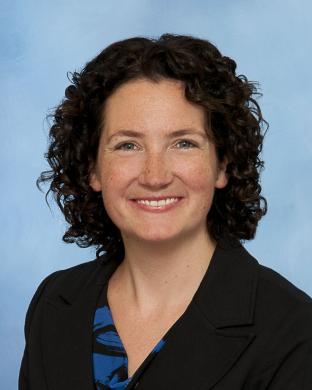Joyce M. Lee, M.D., M.P.H., is an Associate Professor in the Division of Pediatric Endocrinology at the University of Michigan with a joint appointment in the Child Health Evaluation and Research (CHEAR) unit. She attended Brown University for her undergraduate education and the University of Pennsylvania for her medical degree, where she was elected to the Alpha Omega Alpha Honors Society. She completed her internship and residency in General Pediatrics at Children’s Hospital, Boston, and her fellowship in Pediatric Endocrinology and Pediatric Health Services Research at the University of Michigan. She received her Master in Public Health from the Department of Health Management and Policy at the University of Michigan.
Dr. Lee’s research focuses on the epidemiology of diabetes (type 1 and type 2) and obesity in children, health outcomes and quality of life for children with diabetes, and the link between childhood obesity and its long-term endocrine consequences, including pubertal maturation and development of diabetes over the life course. Dr. Lee is a co-investigator for cost-effectiveness for the national multi-center randomized controlled trial to evaluate the use of real-time continuous glucose monitoring (RT-CGM) systems for improving health outcomes and quality of life for children with type 1 diabetes, funded by the Juvenile Diabetes Research Foundation (JDRF) Artificial Pancreas Program.
Because of her specialized training in Pediatric Endocrinology and Pediatric Health Services Research, Dr. Lee was appointed to the editorial board of the journal Archives of Pediatrics and Adolescent Medicine in March 2007. Dr. Lee’s scientific research has been featured in that national and international news including the CBS News with Katie Couric, ABC World News Tonight with Charles Gibson, National Public Radio, The Washington Post, the Los Angeles Times, CNN, U.S. News and World Report, Newsweek, the BBC, and the Guardian.















